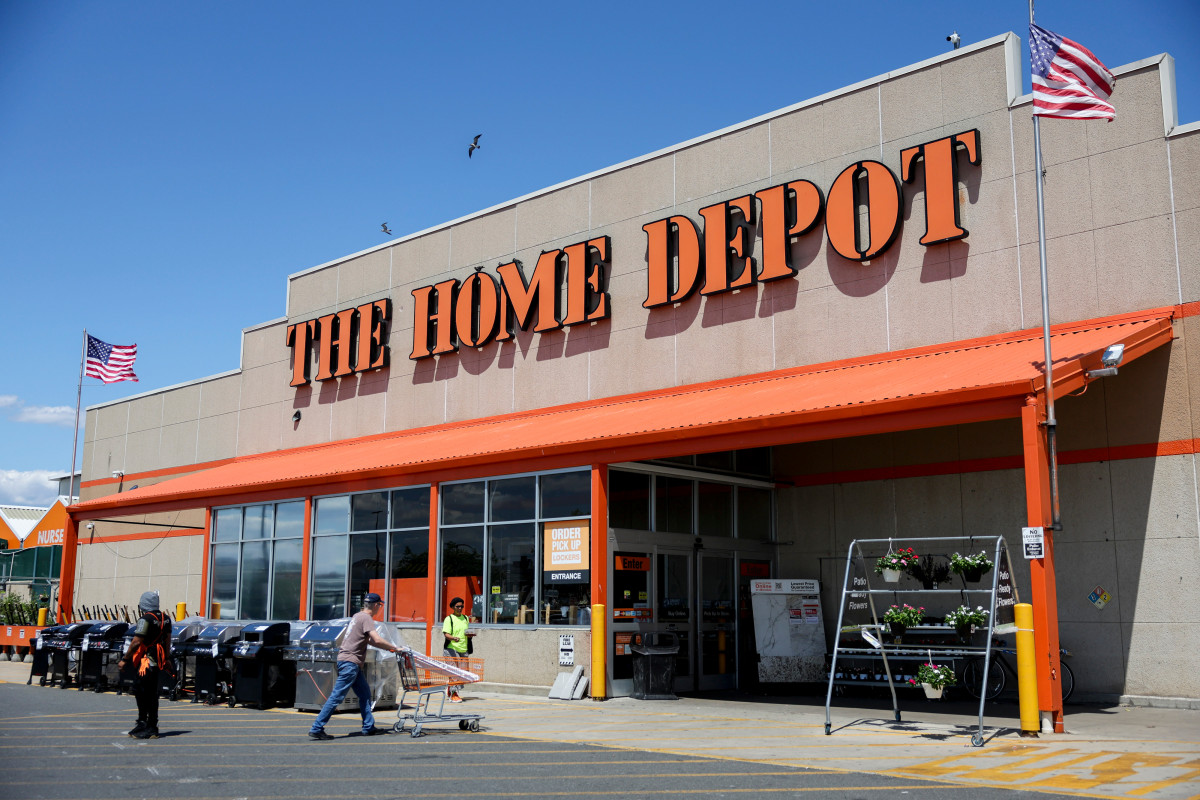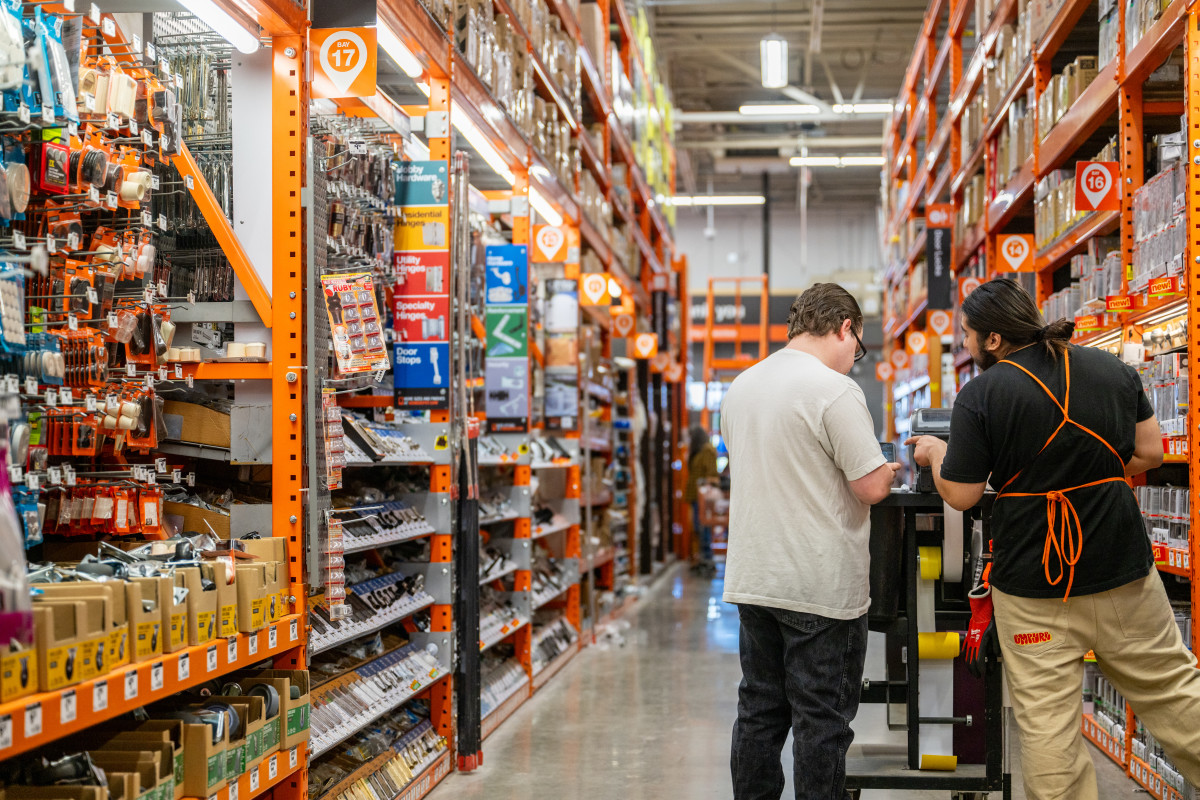
It seems like it's a pretty routine part of many CEOs' talking points these days.
Regardless of whether an earnings report is positive or negative, management inevitably gets on the phone and spends at least a couple of breaths talking about prices.
Related: Huge shipping company files Chapter 11 bankruptcy to liquidate
Perhaps they're discussing price hikes or the CPI being up, and how that hurts customers. Maybe they talk about how prices going up has actually helped profit (though most brands won't say this part out loud). And sometimes they just have a generic statement on inflation, and how higher interest rates is making the macroeconomic environment more challenging.
Usually, a couple of lines about combatting price surges, getting a handle on your supply chain, and working strategically with partners to better serve customers or clients is enough to satisfy analysts –and make for some great headlines.
More Retail:
- Struggling retail chain faces default, Chapter 11 bankruptcy risk
- Lululemon releases a first-of-its-kind product
- Target store introduces a new 'over 18' policy
- Amazon launches genius new subscription product
But Home Depot's (HD) Q2 2024 earnings report, which came out on Aug. 13, painted a more complicated picture. And management wasn't exactly eager to shy away from the pricing discussion, which grows more complicated by the quarter.

Home Depot earnings give key perspective
Home Depot serves as a particularly important indicator of overall U.S. economic health.
Similar to other big box stores, like Walmart (WMT) , for example, Home Depot earnings typically tell us whether Americans are cutting costs or spending more, what they're spending on, and whether they're feeling jumpy about price hikes (which often creep up in an economic downturn or not).
But Home Depot drills down into the American pricing experience a little bit more. People will always need to buy groceries, for example, so Walmart may be slightly shielded by economic headwinds. But Home Depot serves as more of a consumer discretionary, meaning consumers can discern whether they really want or need to spend at that store at most given times.
Related: Forget McDonald's: Walmart gets trendy new fast-food partner
If times are bad, for example, you might put off that pricey home improvement project you'd been meaning to get after. A pretty powder room is nice, but feeding your family and affording gas for a commute is a more pressing matter during periods of high inflation and consumer prices.
Home Depot CEO calls out key issue
Home Depot eked out 0.6% revenue growth year over year, but the numbers indicate a more complicated picture as it relates to consumer behavior.
Comparable store sales, which measure the performance of stores open for at least a year or more, were down 3.6%, indicating customers could be putting off key projects at their favorite local home improvement store.
"During the quarter, higher interest rates and greater macro-economic uncertainty pressured consumer demand more broadly, resulting in weaker spend across home improvement projects," CEO Ted Decker said during the call.
Asked by an analyst about softer demand for home improvement projects and services, like labor and contracts, Decker said he suspected it was a wary – or at the very least, patient – consumer causing softer sales.
"Higher interest rates started to impact the housing market and housing turnover, in particular, which is down some 40%," Decker told the analyst. "That's also impacting customers' interest in financing larger projects."
"Everyone is expecting rates are going to fall, so we're deferring those projects," he said, adding, "Inflation keeps eating away at disposable income. And I think people just took a pause as we progress through the quarter – or more of a pause because of these macro uncertainties."
Home Depot shares ended the week up 3.9%. They're up 4.5% this year.
Related: Veteran fund manager picks favorite stocks for 2024







